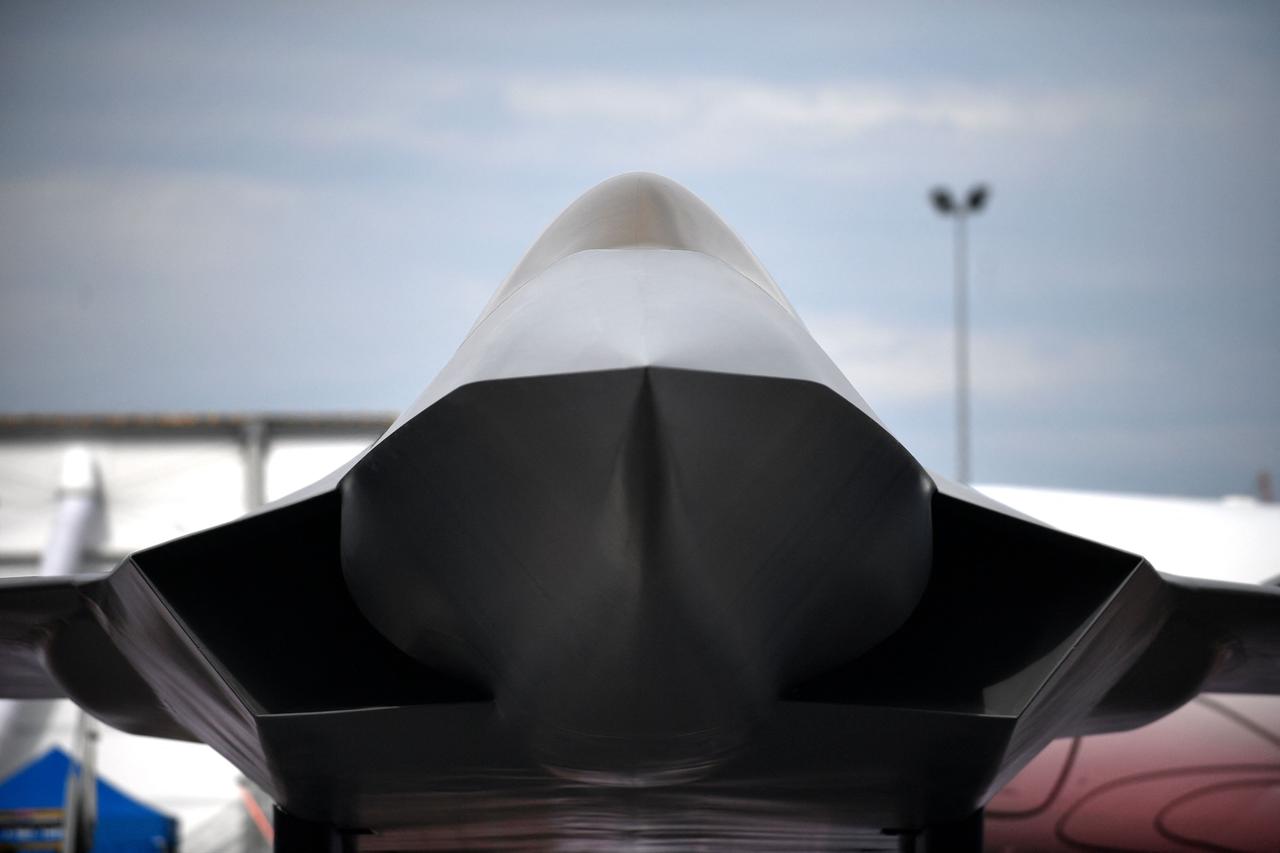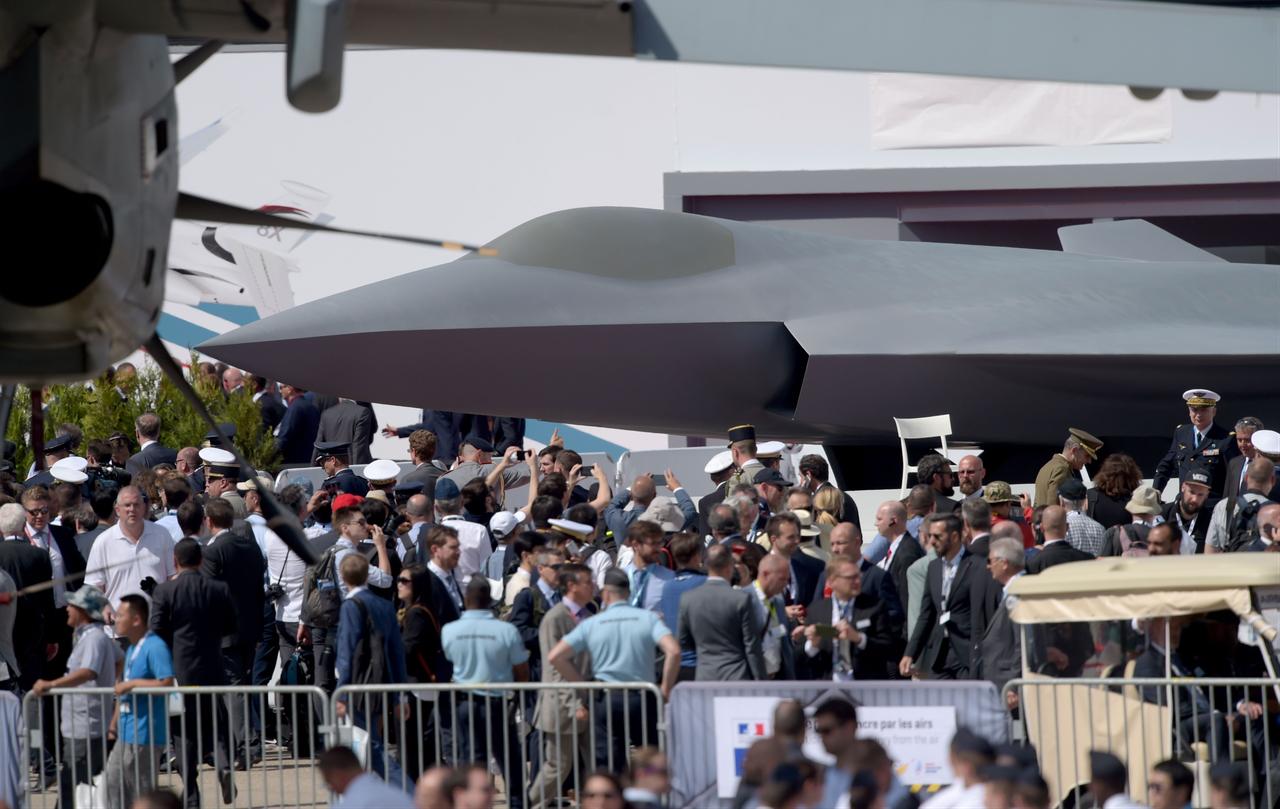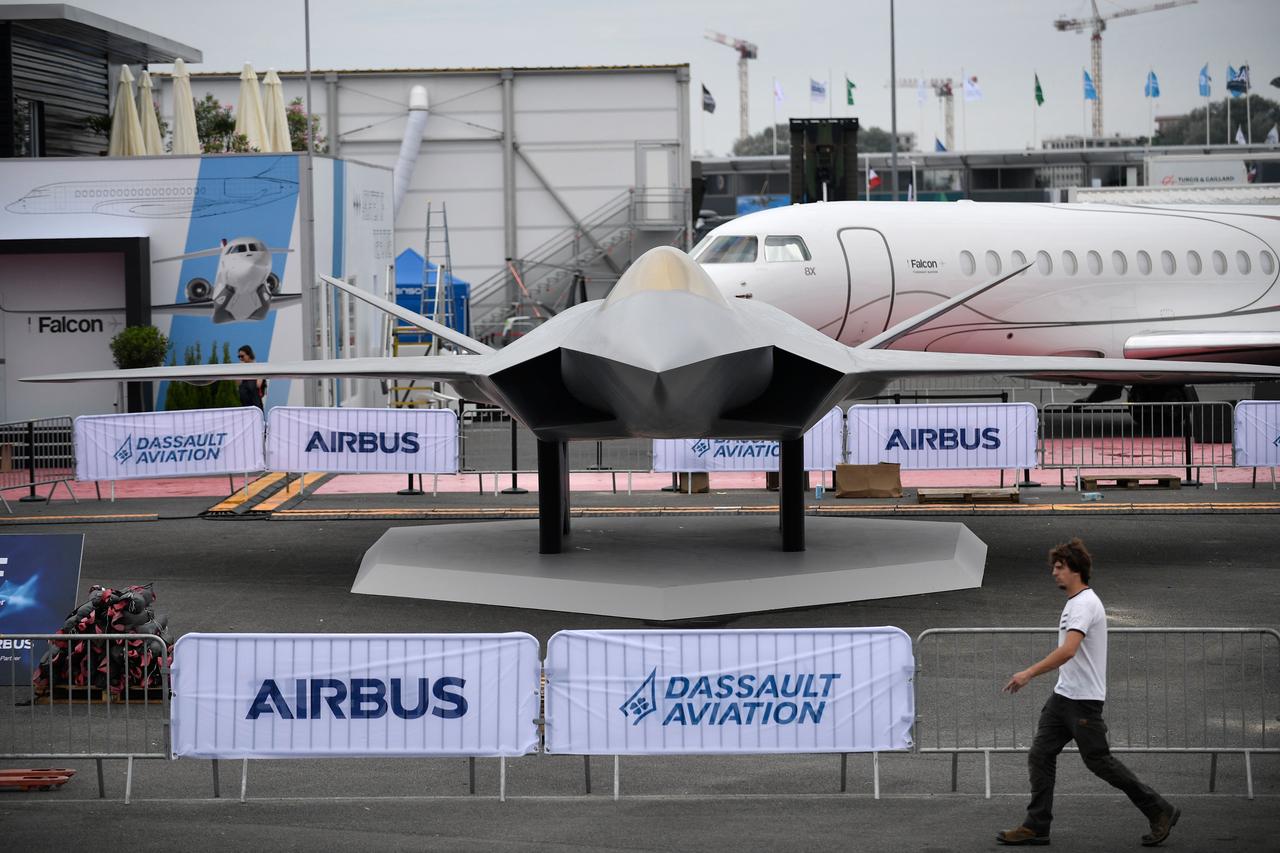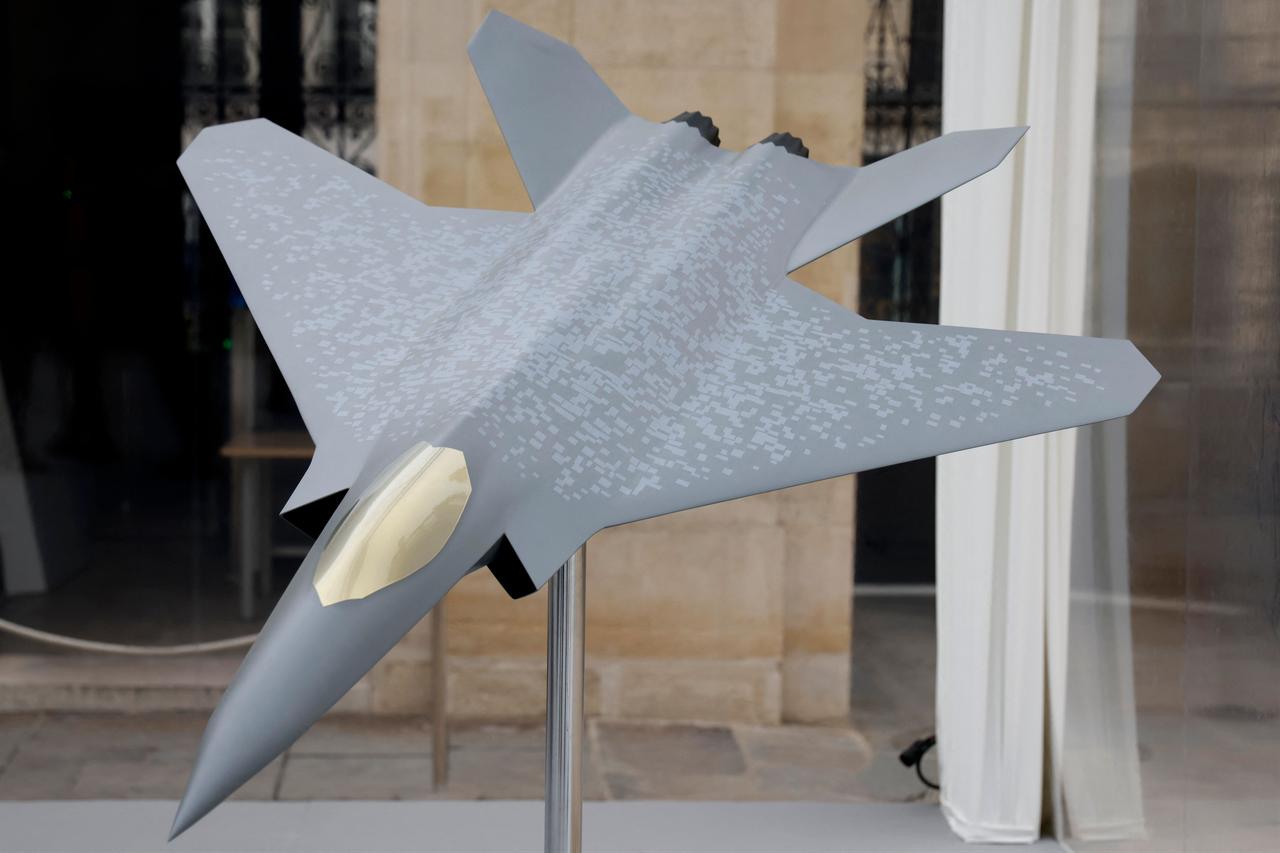
Germany is reportedly considering replacing France with Sweden or the United Kingdom in Europe's flagship €100 billion ($117.4 billion) fighter jet program if tensions with French contractor Dassault Aviation cannot be resolved by year's end, according to people familiar with the discussions speaking to Politico and Financial Times on Friday.
The Future Combat Air System (FCAS), launched in 2017 by France, Germany and Spain, aims to replace the Rafale and Eurofighter Typhoon by 2040.
However, industrial disputes between Germany's Airbus and France's Dassault over work distribution and project leadership have pushed the program to a critical juncture.

German defense ministry officials raised concerns about FCAS in talks with Airbus last week, with sources saying Berlin is frustrated by what it sees as French industry's push for an outsized role in the program. Germany is now weighing fallback options, including proceeding without France.
"At some point parliament will have to say: 'Either we need this aircraft or we don't,'" Social Democratic lawmaker Andreas Schwarz told Politico, warning that production has not begun and "many unforeseen problems" are still likely to arise.
According to German defense media Hartpunkt, Dassault has been pushing for an 80% share of work on the next-generation weapon system (NGWS), the core component of FCAS that combines a next-generation fighter jet, drones and cloud connectivity.
French officials denied that Dassault wants 80% of the NGWS work, but acknowledged the company seeks more decision-making power to avoid delays from constant consultation with Airbus and Spain's Indra.
German Chancellor Friedrich Merz, meeting with Spanish Prime Minister Pedro Sanchez in Madrid on Thursday, expressed dissatisfaction with the current situation.
"We share the assessment that the current situation is unsatisfactory. We are not advancing with this project," Merz said, adding, "We are both speaking with the French government, and we want a solution as soon as possible."
Merz's spokesperson Stefan Kornelius emphasized that "the distribution of burdens and work in this armaments project must be carried out in accordance with the contract," adding there is "no dissent" between Berlin and Madrid.
One person briefed on the discussions characterized Germany's position bluntly to FT: "Better an end with horror than a horror without end. There will be a fighter with or without France."

German officials briefed Bundestag lawmakers earlier this week about potential alternatives, including:
A French official working on FCAS defended the need for a more transparent leadership structure, stating: "Is the current organization, with a highly democratic workshare and governance, the most effective plan? It's a question we've asked the Germans and the Spanish, and no one can demonstrate that with the current organization and without clear leadership, we'll have an aircraft on time."
The official stressed Paris remains committed, saying: "There is only one plan: to implement the FCAS. We must find a way to implement the FCAS."
France's political turbulence adds complexity to negotiations. Former Prime Minister Francois Bayrou's government collapsed in a no-confidence vote this month, with Sebastien Lecornu becoming prime minister.
Lecornu, who previously served as armed forces minister and was directly involved in FCAS negotiations, is seen in Berlin as having the authority to bring Dassault to the negotiating table.

In July, Paris and Berlin agreed to address divergences this fall and decide by year's end whether to move FCAS to Phase 2, which requires companies to develop a demonstrator aircraft.
A trilateral defense ministers' meeting among Spain, Germany and France is scheduled for October, with technical meetings between industry, government officials and arms procurement agencies continuing despite France's political crisis.